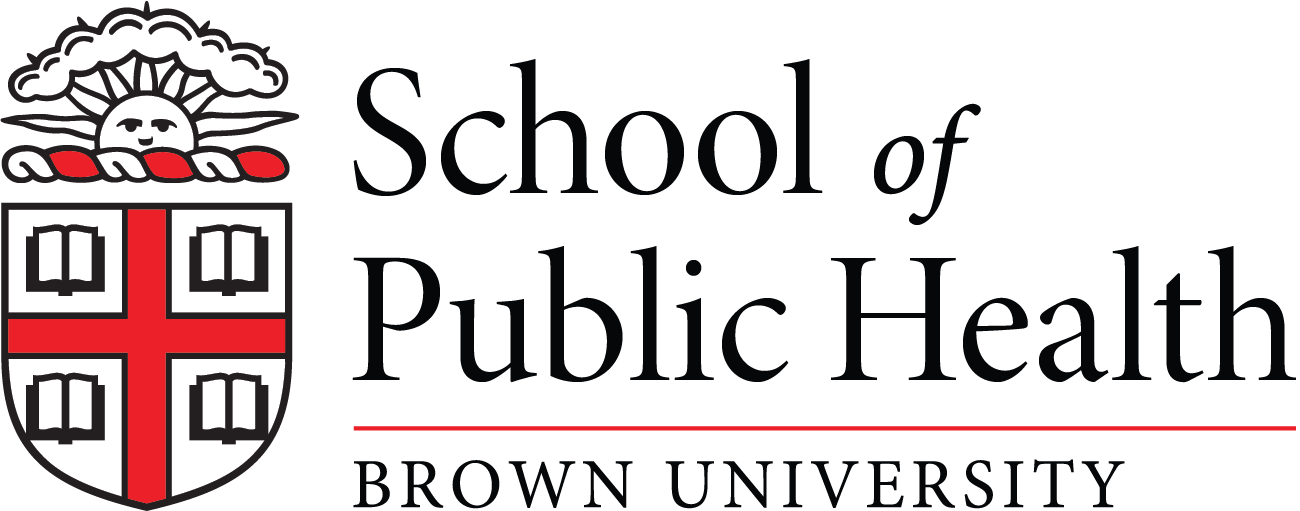In August 2020, six governors came together as a bipartisan group intending to use their joint purchasing power to address a severe national COVID-19 testing shortage. Facilitated by the Rockefeller Foundation and quickly joined by four additional states, the group of 10 states established a $30 million Advanced Market Commitment to a large medical supply distributor to enable the procurement, purchase, and distribution of rapid COVID-19 tests.
Tests Purchased
%
Reduction in rapid test prices for participating states
Throughout the following year, the network grew as states connected around the strategies and practicalities of efficiently and equitably delivering millions of tests to their residents. They held weekly discussions and continued to learn from each other’s successes and challenges. Building on the momentum of its work on COVID testing, STAT expanded its focus in early 2021 to include “action networks” on vaccination efforts and reopening K-12 schools. The Rockefeller Foundation continued to host the growing network, and Atul Gawande served as facilitator. In 2022, Brown University School of Public Health took over leadership of the network with facilitation by Ashish Jha and Scott Rivkees.
In this short time, the STAT Network established itself as a crucial platform for public health information-sharing, collaboration, and problem-solving. State and territorial leaders continue to look to STAT as an invaluable platform for sharing public health expertise and innovations with their peers and receiving support from one another in their challenges.
The First ten STAT members

The founding letter
Read the original letter of intent to create a multi-state cooperative purchasing agreement for COVID testing technology
K-12 Action Network
February 2021 – August 2023
The STAT K-12 Action Network, which began in 2021 as the “Reopening K-12 Schools Action Network,” brought together state education officials, senior public health officials, and COVID-19 task force directors to address the operational challenges faced by STAT members in keeping school communities healthy and open for learning. It evolved over the years to cover all things public health + K-12, including Medicaid policy, student mental health, gun violence, and more.
During its operation, the K-12 network organized over 70 sessions with 1200+ unique attendees. Leaders from health and education across all 50 states, along with representatives from cities, districts, and federal agencies, joined the network.
While STAT no longer hosts a separate K-12 Network, we will continue to cover K-12 topics from time to time in our Response and Recovery Network. And we are happy to let you know about other opportunities for peer networking in the public health + K-12 space–just reach out to statnetwork@brown.edu to inquire.
“These calls facilitated partnership in real time. Instead of starting with hunkering down internally, I now start by identifying goals and saying ‘who else cares about that goal/challenge that I can learn from and brainstorm with?’ It’s so much better to be in it together, and not recreate the wheel!”
“I’m appreciative of the collaborations developed and the perspectives I’ve been exposed to. In a particularly memorable session with the CDC director, I suggested that school health staff such as school nurses should be involved in developing CDC’s school guidance, as much was not often practical or doable for schools. She was very gracious in accepting those comments. This resulted in school nurse leaders being connected to CDC student health efforts extending beyond COVID.”
“Oklahoma always felt they had a place at the STAT table–it’s been an environment of hospitality where you can express ideas and concerns without fear of judgment.”
Vaccination and Therapeutics Action Network
January 2021 – May 2022
The STAT Vaccination and Therapeutics Action Network brought together state public health officials, vaccine task force directors, and clinical leaders for discussions of effectively and equitably operationalizing COVID vaccine and therapeutics distribution. Discussions covered vaccination eligibility, boosters, community engagement strategies, incentives, Test to Treat programs, and telehealth.
During its operation, the Vaccination and Therapeutics network organized 47 sessions with 600+ unique attendees. Leaders from across 51 states and territories were joined by guests from the Administration for Strategic Preparedness and Response (ASPR), the American Academy of Pediatrics, the Association of Immunization Managers, CDC, Kaiser Family Foundation, the National Institutes of Health (NIH), the Food and Drug Administration (FDA), and more.

